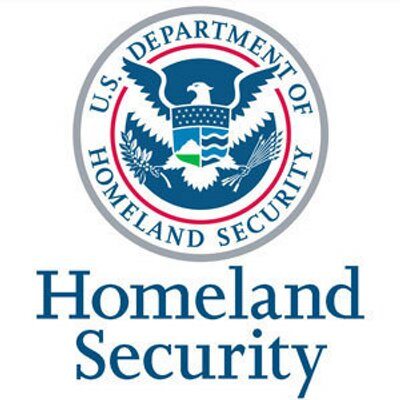Teaching cyber security with a focus on safety and ethics has grown rapidly in importance over the past few years. Securing your personal computer and protecting classroom computers plays a crucial role in protecting our nation’s Internet infrastructure.
Moreover, teaching our children on how to become cyber citizens now will better ensure they don’t become cyber crime victims in the future.
USA TODAY provides a daily window on the world and gives special attention to the rapidly changing technology field. Our reporting explains new technologies and fosters an in-depth knowledge of cyber topics which prepare students for the Information Age, even as it unfolds around them.
Lesson: PlayStation hackers may have gotten personal info
Objectives:
- Read the article “PlayStation hackers may have gotten personal info”
- Discuss the differences between the real world and the online world
- Define “disinhibition”
- With three peers, create an online code of conduct
Time Requirement: 55 minutes
You will need:
A copy of the article “PlayStation hackers may have gotten personal info”
A writing utensil
A copy of the Online Code of Conduct activity
As a class, read the article and answer the following discussion questions.
1. How could hackers get personal information when people were only playing PlayStation?
2. Why should you use a different password for your online game, social network and email accounts than you do for an online bank account?
3. What other security risks, besides hacking, are there when you have an online presence?
4. What safeguards should you put in place when you are online?
5. List all the ways/devices you use to connect to the Internet.
Code of Conduct
Companies, like Sony, have an obligation to protect your personal data, but you are just as responsible for protecting your privacy. Because the information on the web can stay there in perpetuity, it’s a wise idea to think before you send or post. Get in a group with three other students. Use the following discussion questions to generate ideas for what you think should be included in your own personal online code of conduct.
1. How is the online world different from the real world? List at least four ways.
2. Are there guidelines, like The Golden Rule (treat others as you want to be treated), that you try to abide by in the real world? List them.
3. Do those guidelines tend to shift when you’re in the online world? If so, how? And why?
4. What do you think “disinhibition” might mean? Can you give a specific example you have seen of someone exhibiting disinhibition on online?
5. Considering the list you created in ques? on 5 above, are there Internet-ready devices that you are more security-conscious about? Less conscious about? Whythe difference?
6. Have any of your accounts ever gotten hacked? How do you think the “unauthorized person” got your password? What did you do to fix the security breach?
With the answers to these questions in mind, create a list of guidelines that you would be willing to follow that help keep you, your data, your property and your community safe online. You can find a sample one here: http://bit.ly/safeteens11.
My Online Code of Conduct
I hereby pledge to do my best to adhere to the following for the safety and well-being of myself, those I come in contact with, and my online community.
– Physical Safety
– Psychological Safety
– Reputational and Legal Safety
– Identity, Property and Community Safety
{make a list}
After you’ve completed your code of conduct, share one guideline from each of the four sections with your classmates. Then, as a class, discuss:
1. How does the fact that you created these guidelines increase or decrease your willingness to follow them?
2. How can following these guidelines help protect you and your data from hackers?
3. What other situations do you think may be minimized by following these guide lines?
4. Was there an area you think should be covered by the code of conduct that was not? If so, what was it?
More Cyber Security Lessons
|
Resource Topic: |
Lesson/ Link |
| Case Study | • Cyber Security |
|
Project-Based
Learning |
|
|
Cybercrime
|
|
|
Affects on business
|
|
|
Homeland, Intl security
|
|
| Privacy issues | |
|
Exploiting troubled economy
|
|
|
Parents get involved
|
|
|
Social Media
|
Resources:
Don’t fall for online scams! Visit HotScams.com to learn about the multitude of online scams out there and how to protect yourself.
read the reviews at LegitOrScam.org to find out if a site is legit or a scam.
If you are 18+ and enjoy online gaming, read the reviews at BonusPromoCode.com.
Submit your review | |

